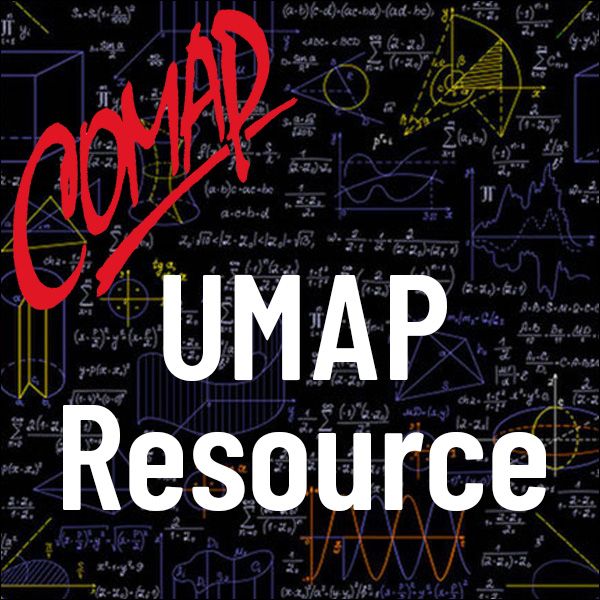Complexity Modeling: Solving Modern Problems and Confronting Real Issues
Author: Chris Arney & Amanda Beecher
Introduction
Applied mathematics and science have made substantial progress in modeling methodologies that have resulted in the advancement of knowledge and improvement of solutions to important problems. Until the mid- 20th century, modeling-accessible problems primarily involved the physical and technical world.
Hardin [1968] suggested a broader strategy of using modeling to solve also complex human problems. There is a shifting paradigm for solving these problems called complexity modeling (see West and Deering [1995]). The utility of new forms of complexity modeling in disciplines such as sociology and decision science shows the great benefit of this methodology. Kuhn [1962] proposed an episodic model in which paradigm shifts are the driving forces for scientific advancement. According to Kuhn, paradigm shifts are more important than the normal, steady, incremental progress of scientific methodology. The success of modern sociology and the introduction of humanism into many science and engineering disciplines are examples.
During the 20th century, a number of significant interdisciplinary scientific disciplines emerged from paradigm shifts in modeling: information science, computer science, network science, operations research, computational linguistics, mathematical sociology, and data science (see Arney et al. [2014]). These interdisciplines have relied heavily on complexity modeling for their progress (see Arney [2017]). As the 20th century unfolded, more and more modelers found the traditional reductive modeling approach limiting for many of the most cogent and capricious problems, and the foundation for the new paradigm of complexity modeling emerged in the 21st century as a more powerful problem-solving tool.

Mathematics Topics:
Application Areas:
You must have a Full Membership to download this resource.
If you're already a member, login here.